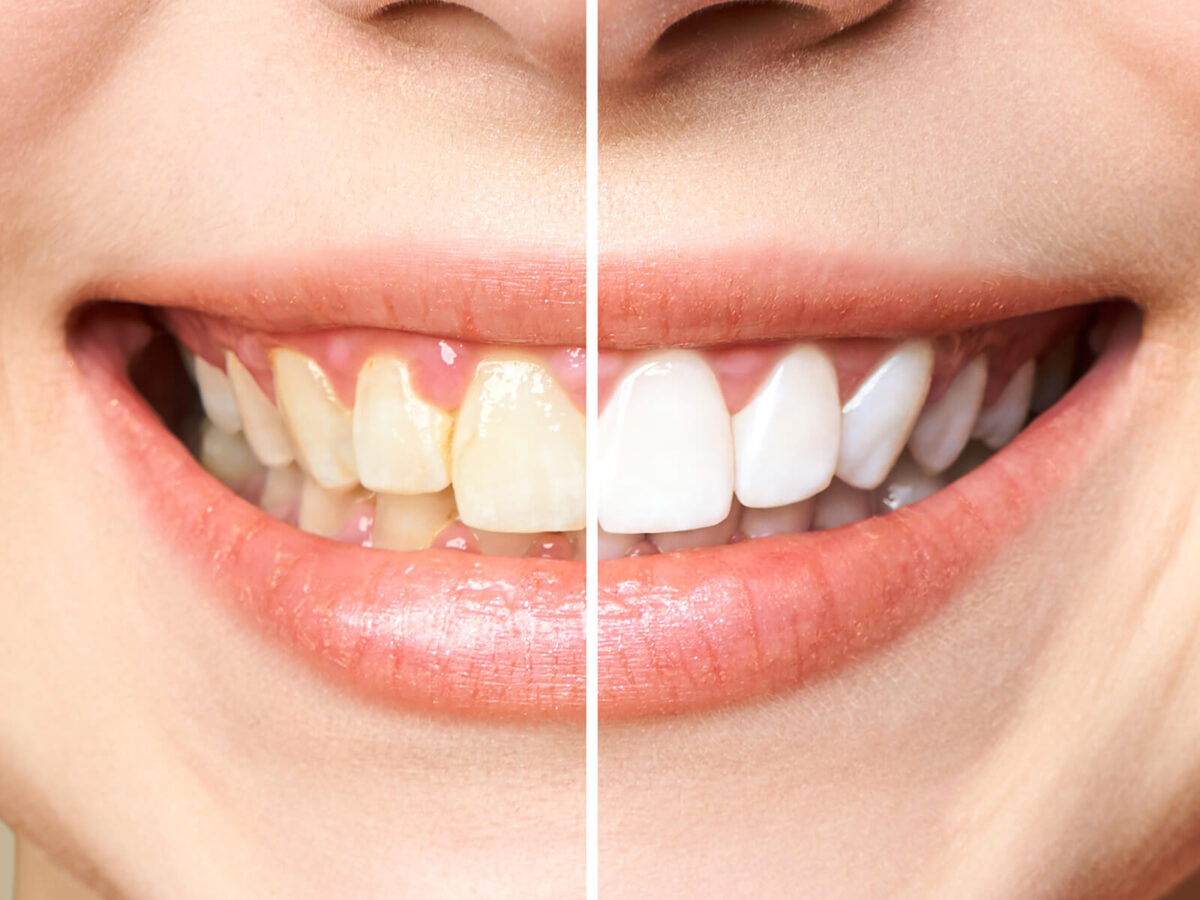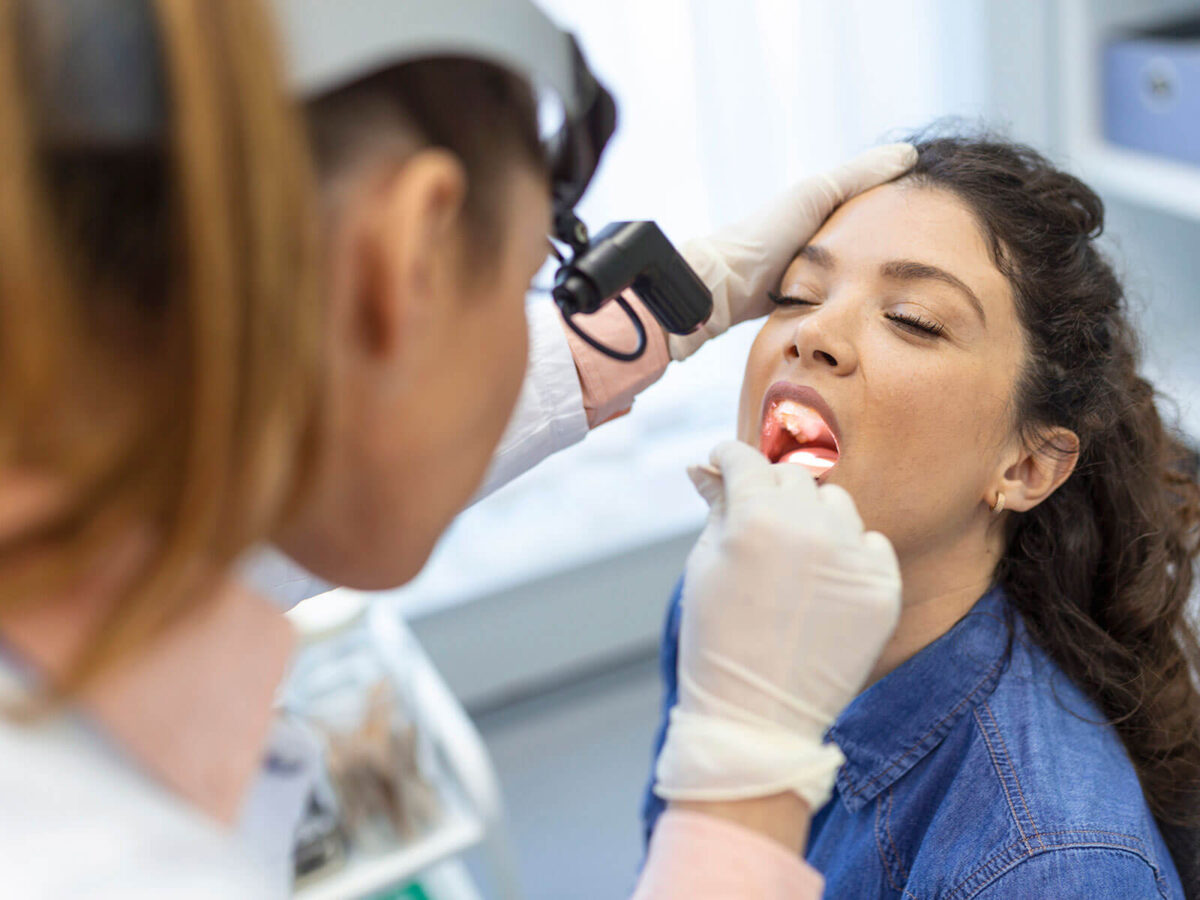Introduction
Teeth whitening is a popular option for those looking to enhance the brightness of their teeth. This detailed guide will assist you in navigating the terrain of professional whitening and DIY procedures, providing valuable tools and insights for maintaining the brilliant glow of your smile. Uncover the secrets to preserving the luster of your teeth, ensuring that your radiant smile remains a timeless reflection of your dedication to dental health and enduring vibrancy.
Understanding Teeth Whitening
Unlocking the keys to a brighter smile necessitates a comprehensive understanding of teeth whitening. This exploration extends to at-home DIY treatments, such as whitening strips and natural remedies, offering individuals a variety of options based on their preferences. Delve into the intricacies of teeth whitening with Huffman Dentist, TX, and discover the secrets to achieving and maintaining a bright and confident smile through both professional and at-home methods.
- Explore the benefits of in-office treatments, custom trays, and expert advice for optimal results.
- Learn about DIY alternatives, including whitening strips and natural solutions that fit your lifestyle.
Keys for Long-Term Success
Achieving and maintaining long-term teeth whitening success involves a combination of diligent care and professional dental services. First and foremost, establishing an effective oral hygiene routine is crucial. Develop a regimen that includes proper brushing, flossing, and the use of mouthwash to keep your smile healthy and bright.
Dietary choices significantly impact the longevity of your whitening results. Educate yourself on foods and beverages that can stain your teeth, and adopt moderation strategies to preserve your whitening achievements. Additionally, quitting smoking and avoiding tobacco products are essential for long-term success, as these habits contribute to discoloration and undermine overall oral health.
Regular dental check-ups are indispensable. Professional cleanings and examinations not only promote oral health but also aid in maintaining whitening results. Dentists can identify and address any emerging issues, as well as offer advice on sustaining a healthy smile.
Staying hydrated plays a pivotal role as well. Adequate hydration supports overall oral health, helping to prevent stains and maintain whitening outcomes. By integrating these practices into your daily life and seeking professional dental care, you can ensure the longevity of your teeth whitening efforts and enjoy a confident, radiant smile for years to come.
Common Challenges and Solutions
- Sensitivity Concerns: Explore strategies to manage sensitivity while preserving the brilliance of your smile.
- Overcoming Stains and Discoloration: Uncover effective solutions, from avoiding certain foods and beverages to promptly addressing new stains.
DIY Tip for Whitening Maintenance
For a DIY approach to maintaining teeth whitening, consider using baking soda in your oral care routine. Baking soda is a mild abrasive that can help remove surface stains and plaque, contributing to a brighter smile. Mix a small amount of baking soda with water to create a paste, apply it to your toothbrush, and gently brush your teeth for about two minutes. However, it’s important to use this method sparingly—once or twice a week—to avoid excessive wear on the enamel.
Additionally, eating crunchy fruits and vegetables like apples, carrots, and celery can naturally help clean your teeth. After consuming dark-colored or acidic foods and beverages, rinsing your mouth with water can also minimize staining.
While these DIY tips can assist in maintaining teeth whiteness, regular professional dental check-ups and cleanings are crucial for optimal oral health and sustained whitening results.
Conclusion
As you endeavor to maintain your teeth whitening results, our best Huffman Dentist, TX, stands as your trusted guide, offering expertise and practical insights. By understanding the nuances of professional whitening, embracing effective oral hygiene practices, and navigating common challenges, you can unlock the secrets to a lasting, brilliant smile.
Whether through professional treatments or DIY methods, the best Huffman Dentist, TX, empowers you to maintain the radiance of your teeth and exude confidence with each smile. Embark on this enlightening journey to enduring brilliance, and let your radiant smile serve as a perpetual testament to your commitment to oral health and vitality.


